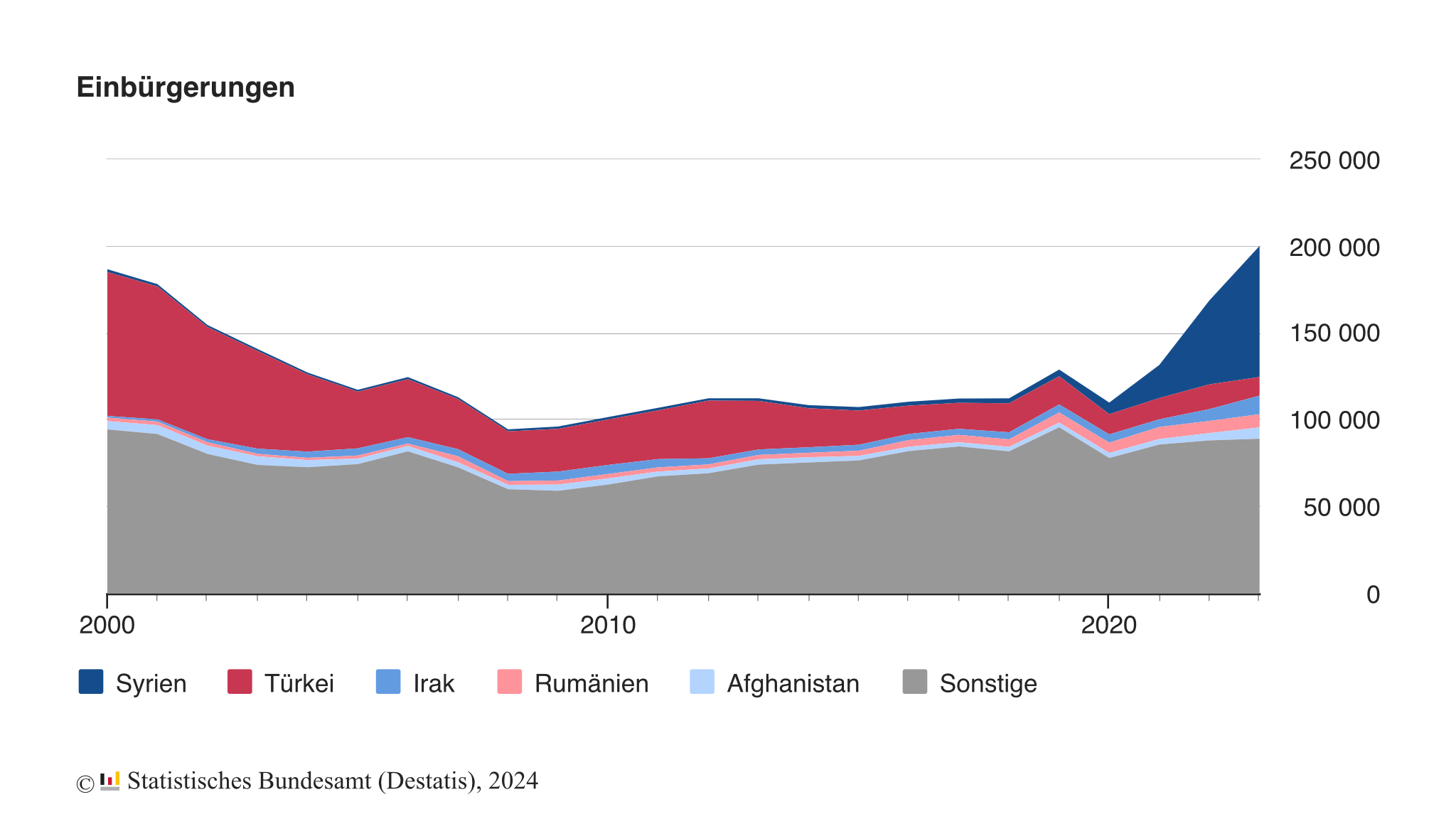
Germany’s economic downturn can be especially challenging for expats. Unfamiliar language, cultural nuances, and limited knowledge of local resources can make navigating a recession even more stressful. But fear not! With a proactive approach and the right tools, you can stay financially secure during these uncertain times.
How Can I Build a Safety Net?
The foundation of financial security is an emergency fund. Aim to save 3 months’ worth of living expenses. This buffer protects you from unexpected costs or temporary unemployment, preventing you from relying on debt. Open a separate savings account specifically for emergencies to avoid the temptation to dip into these funds.
Am I Spending More Than I Earn?
Lifestyle creep, the tendency to increase spending as your income rises, can easily derail your financial goals. Create a budget that tracks your income and expenses. Allocate funds for savings and essential needs, leaving a realistic amount for discretionary spending. Prioritize experiences over material possessions. Celebrate achievements with non-monetary rewards.
Should I Be Worried About My Job?
Being informed about your company’s financial health can give you a head start if layoffs become a possibility. Keep an eye out for company announcements, changes in management, or shifts in workload. Regularly update your resume to be prepared for unexpected job searches.
What Legal Protections Do I Have?
German labor laws are complex, and expats often lack the knowledge to navigate them effectively. Legal insurance provides access to lawyers specializing in labor law, ensuring you receive fair treatment in case of dismissal. This can save you a significant amount of money in legal fees should you encounter workplace disputes.
What If I’m Already in Debt?
If you’re struggling with debt, you don’t have to face it alone. Germany has a network of free debt counseling centers (“Schuldnerberatung”) staffed by professionals. These advisors can assess your financial situation, identify potential savings, negotiate with creditors, and develop a repayment plan. Don’t hesitate to seek help early on – the sooner you address the issue, the easier it becomes to manage.
Where Can I Find Debt Counseling?
Non-profit organizations like Caritas, Arbeiterwohlfahrt (AWO), and the German Red Cross offer free debt counseling services. You can find their contact information on their websites or through a government website. Be prepared for a potential waitlist, but know that urgent cases receive priority.
What Happens During Debt Counseling?
Debt counseling begins with a comprehensive review of your income, expenses, and debts. The counselor will identify areas for potential savings and explore eligibility for social benefits. They can also help you set up a protected bank account to prevent creditors from seizing your essential funds. The counselor will manage communication with your creditors, negotiate settlements, and arrange payment deferrals, easing the burden of debt repayment. This holistic approach addresses the root causes of your debt situation, promoting long-term financial well-being.
Conclusion
Germany’s economic downturn presents challenges, but with careful planning and the right resources, expats can navigate the situation financially secure. Building an emergency fund, controlling spending, and seeking help when needed are key steps to remaining debt-free. Remember, you’re not alone! Don’t hesitate to leverage the support systems available to help you thrive in Germany, even during a recession.


